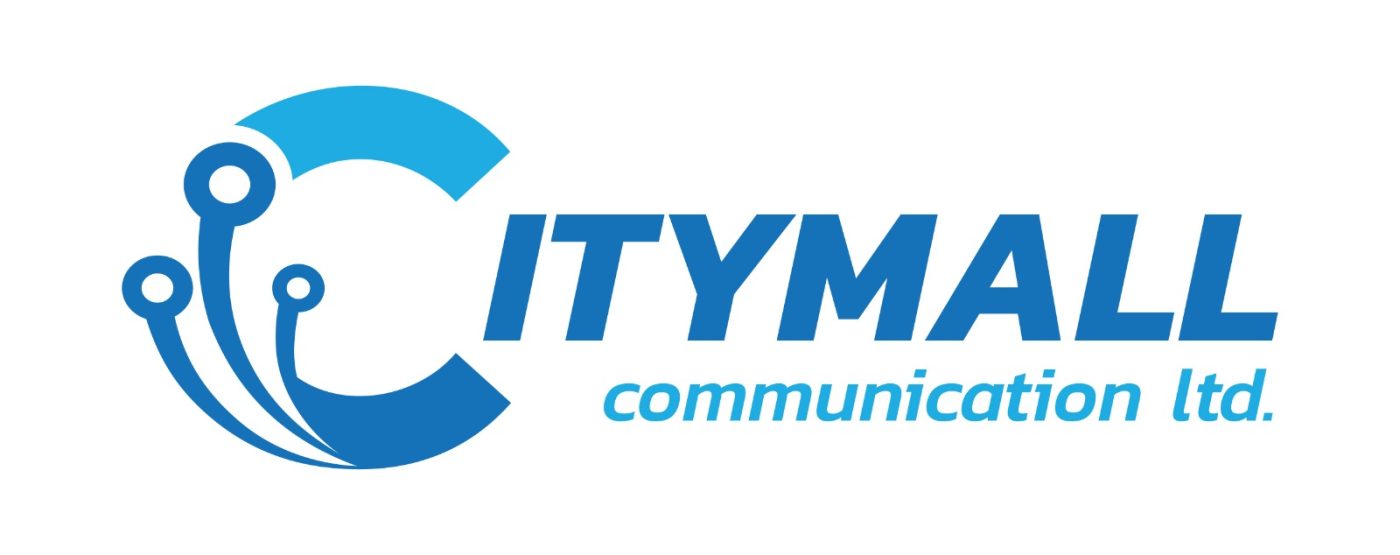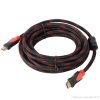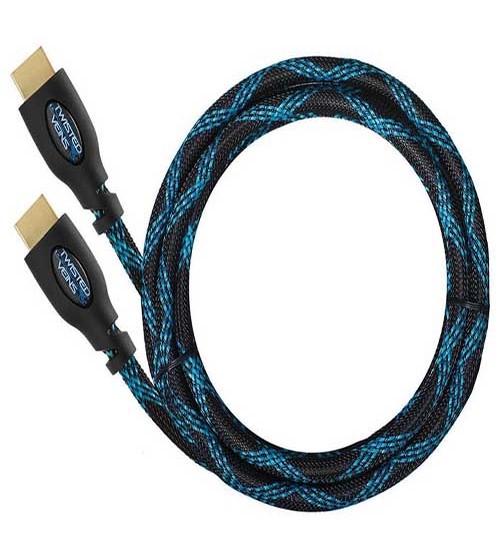1.5M HDMI Cable
KSh500.00 Original price was: KSh500.00.KSh400.00Current price is: KSh400.00.
1.5M HDMI Cable
- Newest standard
- Black and blue nylon sheath for extra protection.
- Supports;
- Full HD
- 4K (4096 x 2160)
- Ultra HD,
- 3D
- ARC
- Ethernet
- All other currently available HDMI functions.
- Perfect for every device with an HDMI port (for example PS4, PS3, Xbox One, AV Receivers, HDTVs, beamers and many other HDMI devices)
- ATC certified production with KabelDirekt quality control
- 3 months’ warranty
1.5M HDMI Cable at city communication
HDMI (High-Definition Multimedia Interface) is a proprietary audio/video interface for transmitting uncompressed video data and compressed or uncompressed digital audio data from an HDMI-compliant source device, such as a display controller, to a compatible computer monitor, video projector, digital television, or digital audio device.
HDMI is a digital replacement for analog video standards.
An HDMI cable is composed of four shielded twisted pairs, with an impedance of the order of 100 Ω (±15%), plus seven separate conductors.
HDMI cables with Ethernet differ in that three of the separate conductors instead form an additional shielded twisted pair (with the CEC/DDC ground as a shield).[51](§HEAC-2.9)
Although no maximum length for an HDMI cable is specified, signal attenuation (dependent on the cable’s construction quality and conducting materials) limits usable lengths in practice and certification is difficult to achieve for lengths beyond 13 m.
HDMI 1.3 defines two cable categories: Category 1-certified cables, which have been tested at 74.25 MHz (which would include resolutions such as 720p60 and 1080i60), and Category 2-certified cables, which have been tested at 340 MHz (which would include resolutions such as 1080p60 and 4K30).[6](§4.2.6)[63][72] Category 1 HDMI cables are marketed as “Standard” and Category 2 HDMI cables as “High Speed”.
This labeling guideline for HDMI cables went into effect on October 17, 2008. Category 1 and 2 cables can either meet the required parameter specifications for inter-pair skew, far-end crosstalk, attenuation, and differential impedance, or they can meet the required non-equalized/equalized eye diagram requirements.
(§4.2.6) A cable of about 5 meters (16 feet) can be manufactured to Category 1 specifications easily and inexpensively by using 28 AWG (0.081 mm²) conductors. With better quality construction and materials, including 24 AWG (0.205 mm²) conductors, an HDMI cable can reach lengths of up to 15 meters (49 feet).
Many HDMI cables under 5 meters of length that were made before the HDMI 1.3 specification can work as Category 2 cables, but only Category 2-tested cables are guaranteed to work for Category 2 purposes.
As of the HDMI 1.4 specification, the following cable types are defined for HDMI in general:
Standard HDMI Cable – up to 1080i and 720p
Standard HDMI Cable with Ethernet
Standard Automotive HDMI Cable
High-Speed HDMI Cable – 1080p, 4K 30 Hz, 3D, and deep color
High-Speed HDMI Cable with Ethernet
Premium High-Speed HDMI Cable
Premium High-Speed HDMI Cable with Ethernet
In conjunction with the HDMI 2.1 specification, the third category of cable was announced on January 4, 2017, called “48G”. Also known as Category 3 HDMI or “Ultra High Speed” HDMI, the cable is designed to support the 48 Gbit/s bandwidth of HDMI 2.1, supporting 4K, 5K, 8K and 10K at 120 Hz.[81]
The cable is backward compatible with the earlier HDMI devices, using existing HDMI type A, C, and D connectors, and includes HDMI Ethernet.
Ultra High-Speed HDMI Cable (48G Cable) – 4K, 5K, 8K and 10K at 120 Hz
buy today at city communication store at best-discounted prices in kenya
Be the first to review “1.5M HDMI Cable” Cancel reply
Related products
Accessories
Accessories
Accessories
Accessories
Accessories












Reviews
There are no reviews yet.